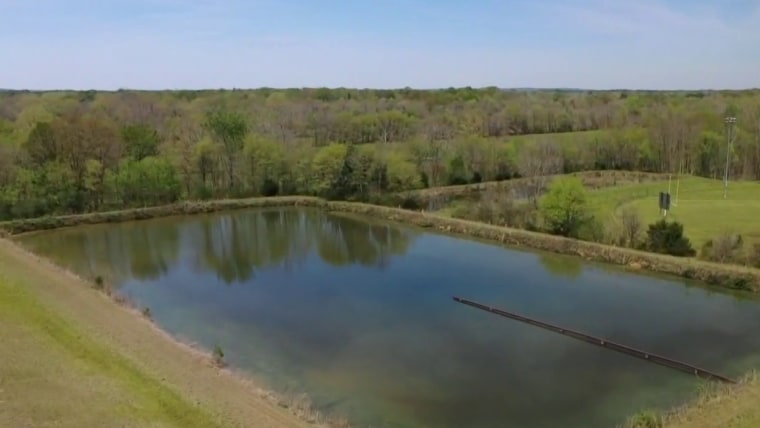[ad_1]
DENVER — The Environmental Protection Agency is investigating whether Colorado’s regulation of air pollution from industrial facilities discriminates against Hispanic residents and other racial minorities, according to a letter released Wednesday.
That’s a level of scrutiny long sought by Lucy Molina whose daughter goes to school near Colorado’s only petroleum refinery. Three years ago, Molina had just stepped outdoors when she noticed a coating of ash on her Nissan Altima that wiped off on her fingers. Then she received a message that her daughter’s school was locked down and panicked. She later learned the refinery had malfunctioned, spewing a clay-like material into the air. She’d heard of lockdowns for shootings, but never for pollution.
Since then she’s pushed for community air monitoring and stronger protections, but it all feels too late. She’s lived here for 30 years, and her kids are already young adults.
“If we would have known” years ago, she said. “We would have moved.”
Advocates say the Suncor refinery too often malfunctions, spiking emissions. They say Colorado rarely denies permits to polluters, even in areas where harmful ozone already exceeds federal standards.
Federal investigators said in the letter they will scrutinize the state’s oversight of Colorado’s biggest polluters like the Suncor oil refinery in North Denver where Molina lives, and whether the effect of that pollution on residents is discriminatory.
Suncor did not respond to a request for comment.
The EPA launched its investigation under Title VI of the Civil Rights Act of 1964. It has been going on since March but went little noticed until Wednesday’s letter, which explains its scope. The Act allows the EPA to negotiate agreements with states to promote equity. The Biden administration has stepped up its enforcement of environmental discrimination.
Colorado officials said they welcome the EPA review, more community participation and are reviewing their permitting policies to ensure they are focused on environmental justice.
“We’ve always prioritized the health and wellbeing of every Coloradan no matter their zip code, but we know we have even more to do,” said Trisha Oeth, our Director of Environmental Health and Protection in a statement.
But the EPA has found those priorities lacking at times.
The agency scrutinized the state’s handling of Suncor. Colorado’s only oil refinery is roughly 90 years old and is a major emitter of greenhouse gas emissions in the state.
In March, the EPA objected to a key air permit for the facility that state regulators were still reviewing 10 years after its original expiration date. The agency raised “significant environmental justice concerns” and said that the public wasn’t given enough opportunity to weigh in. The EPA didn’t object when the state issued a revised permit.
In July, the agency also said the state had issued permits for a mine, oil and gas wells and other small polluters even though they could contribute to violations of federal air quality standards. Colorado said it would improve its reviews, but balked at revisiting its permitting decisions.
Nevertheless there are some signs the agency chose Colorado because it could prove a willing partner.
“Colorado has been one of the states that has been a leader in addressing environmental justice in the legislature,” said KC Becker, the head of the EPA region that includes Colorado and a former state legislative leader.
Colorado has strengthened air monitoring requirements. It increased funding for air permit reviews. The state’s greenhouse gas reduction plan aims to reduce pollution in overburdened areas. It also worked with the EPA to ensure inspections target the most polluted areas and when companies reach settlements for wrongdoing, they pay for projects that benefit communities.
These changes have “given EPA an opening to say, ‘well, if that is what you are committed to then let’s really test this out, let’s see you prove your mettle here,’” said Jeremy Nichols head of climate and energy programs at WildEarth Guardians.
Nichols said Colorado is too deferential to industry. He wants to see the state deny permits much more often.
Ian Coghill, an attorney with Earthjustice that is challenging the Suncor permit, says the push and pull between the EPA and state hasn’t yielded major improvements. Revisions to Suncor’s permit, he said “didn’t change a lot.”
He is hopeful the civil rights investigation will force the state to make changes and detail the cumulative effect of pollution from industry on residents of North Denver.
“I’m definitely optimistic,” he said.
[ad_2]
Source link

